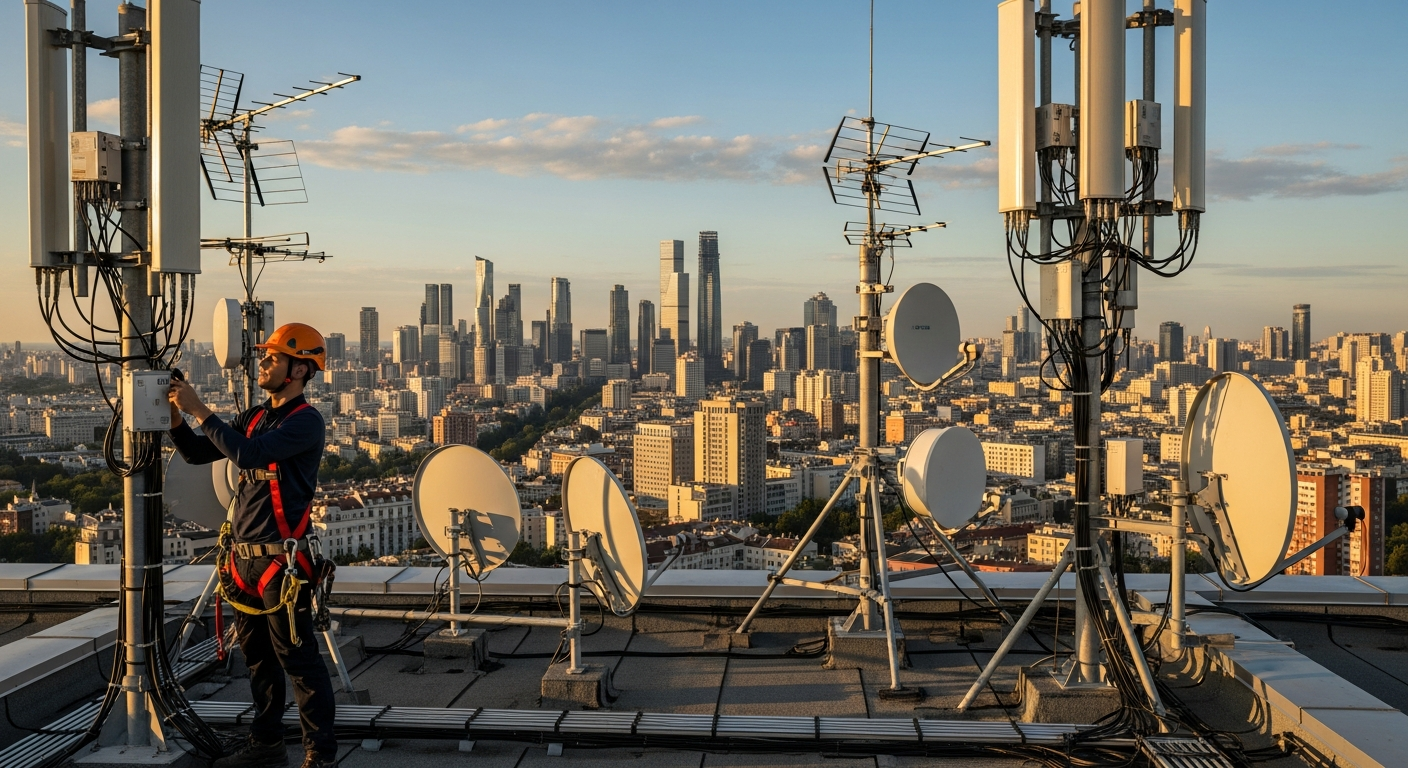Reaping the Health Benefits of Urban Gardening: A Comprehensive Overview
Urban gardening is not a new concept, but its health benefits are re-emerging in scientific literature, offering interesting insights into how this age-old practice can significantly impact our wellbeing. In this article, we'll dive into the world of urban gardening, examining its historical roots, its resurgence in the modern world, and the compelling health benefits it offers.

Urban gardening, or the practice of cultivating, processing, and distributing food in or around urban areas, has been a part of human civilization for centuries. Ancient civilizations in Mesopotamia and Egypt employed urban gardening techniques to feed their populous cities. With the industrialization and modernization of societies, urban gardening became less prevalent, but it is now seeing a resurgence due to increased awareness of sustainability and health.
The Resurgence of Urban Gardening
Urban gardening has made a significant comeback in recent decades, becoming a popular trend in many cities worldwide. The reasons are manifold: a desire for fresh, locally sourced food; an increased awareness of sustainable living; and the need for physical activity amidst increasingly sedentary lifestyles.
Urban Gardening: A Source of Physical Activity
Gardening is a form of moderate-intensity exercise, according to the Centers for Disease Control and Prevention. Regular gardening can help you meet the physical activity guidelines of 150 minutes of moderate-intensity exercise each week. Digging, planting, weeding, and other repetitive tasks that require strength or stretching are excellent forms of low-impact exercise.
Urban Gardening and Mental Health
There’s a growing body of research suggesting that gardening can have significant mental health benefits. A systematic review published in the Journal of Public Health found that gardening could reduce symptoms of depression and anxiety. The process of planting and nurturing plants can offer a sense of achievement and control, which is particularly beneficial to mental health.
Access to Fresh Produce
Urban gardening allows city dwellers to grow their own fruits and vegetables, providing access to fresh and nutritious produce. A study published in the Journal of the Academy of Nutrition and Dietetics found that gardeners consume more fruits and vegetables than non-gardeners.
Fascinating Insights into Urban Gardening
- Urban gardening can be a source of social interaction, fostering a sense of community among city dwellers.
- Rooftop gardens can significantly reduce the heat island effect in cities, contributing to a cooler urban environment.
- Urban gardening can play a crucial role in biodiversity, providing habitats for various species in the heart of cities.
- Cities like Detroit and New York have recognized the potential of urban gardening, implementing policies to encourage this healthy trend.
In conclusion, urban gardening offers a wealth of health benefits, from providing a source of physical activity to promoting mental well-being and access to fresh produce. With the added bonus of fostering community spirit and contributing to a healthier urban environment, it’s clear that this ancient practice has a significant place in our modern world. As we continue to navigate the challenges of urban living, urban gardening is a trend worth nurturing for the potential it holds to enhance our health and wellbeing.






